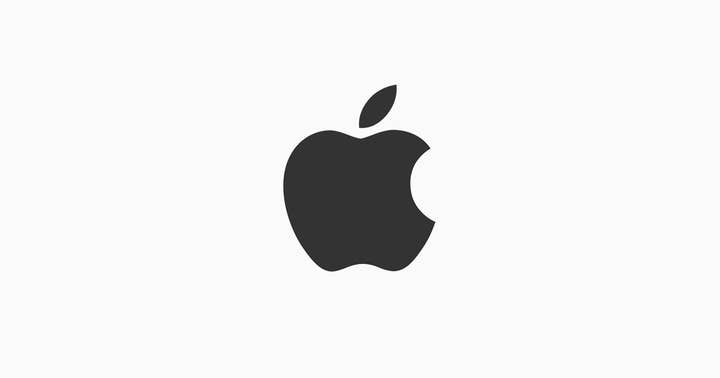US Supreme Court says Apple can be sued for monopolization
Decision from lower court that iPhone owners are direct purchasers from Apple rather than from developers is upheld, opening door to future storefront suits
The United States Supreme Court has upheld a ruling from a lower court that says people who purchase apps on the App Store can sue Apple for driving up prices and monopolization of the market.
In the class-action Apple vs. Pepper, four iPhone owners sued Apple, saying that the company had monopolized the market for the apps on its store through a combination of its "walled garden" approach to its apps and by charging a 30% revenue share for every sale. That price, they argued, was then passed onto the user who purchases the app as developers are forced to raise their prices to compensate.
The initial ruling on the antitrust suit said that these users were not able to sue Apple for this as they were the customers of developers, not of Apple, and that developers were Apple's customers. However, the Ninth Circuit Court of Appeals overturned this decision and it was upheld in a 5-4 Supreme Court decision with the majority opinion written by Justice Brett Kavanaugh, joined by Justices Ginsburg, Breyer, Sotomayor, and Kagan.
Though the result notes that this doesn't determine that Apple necessarily has an unfair monopoly, it does open the door to future lawsuits on the point both toward Apple and other closed storefronts, an implication which may have effects down the line on gaming-specific storefronts, not just games on the App Store.
The case references the case of Illinois Brick Co. v. Illinois, in which the court agreed that a brick manufacturer could not be used by a person who paid an unrelated person to use those bricks to build something. However, the court states that "unlike the consumer in Illinois Brick, the iPhone owners here are not consumers at the bottom of a vertical distribution chain who are attempting to sue manufacturers at the top of the chain." Rather, they are directly affected by the fee Apple places on its developers. It goes on to say that the Illinois Brick case is "not a get-out-of-court-free card for monopolistic retailers to play any time that a damages calculation might be complicated."
As a result of this decision, the class-action lawsuit against Apple will continue back in the lower courts.

